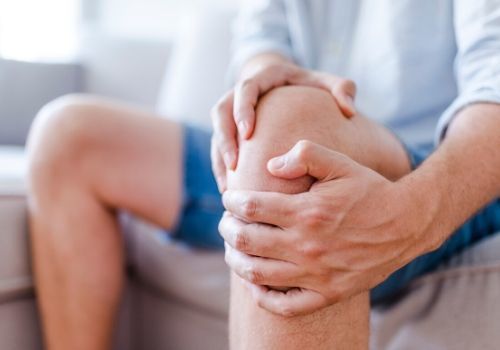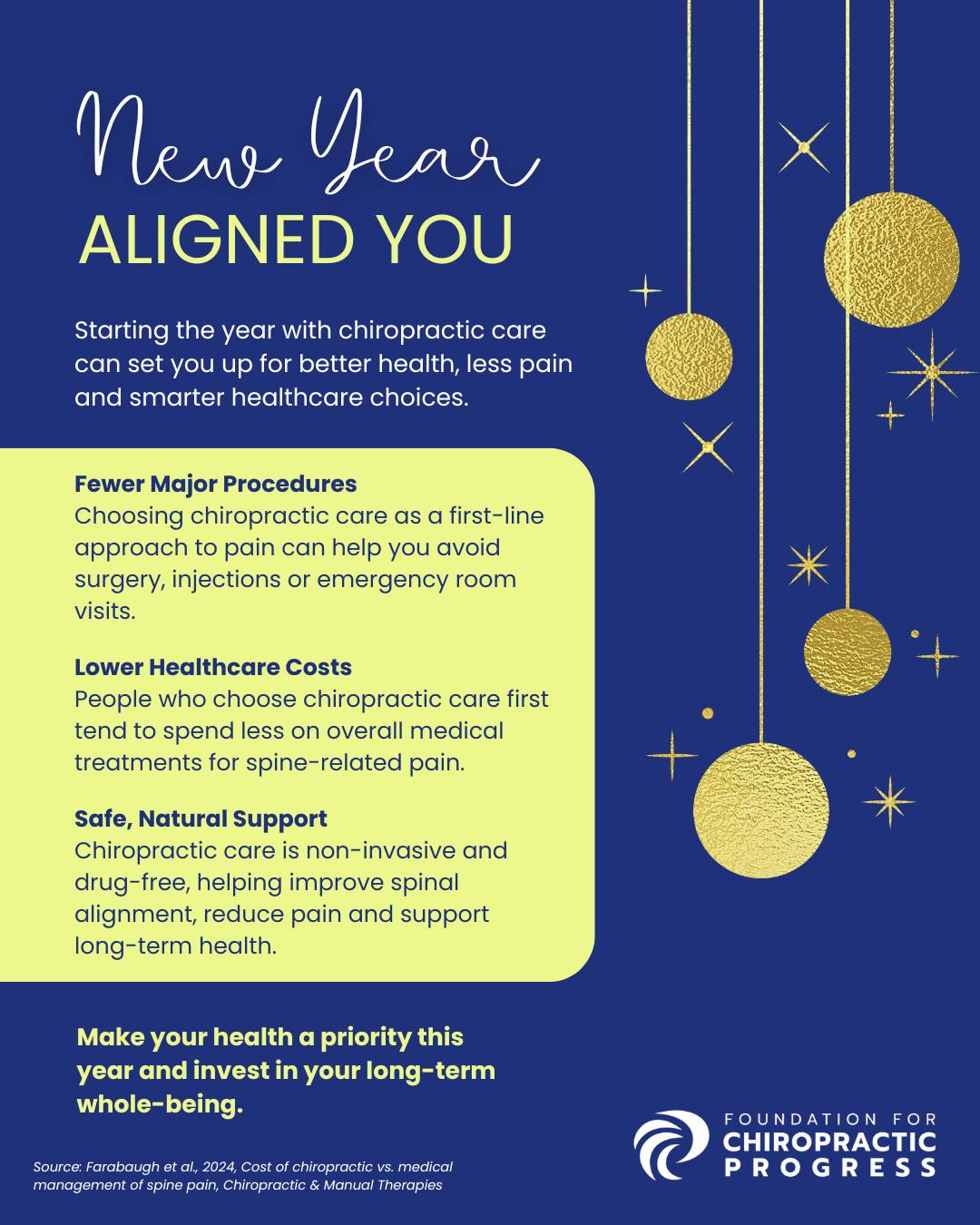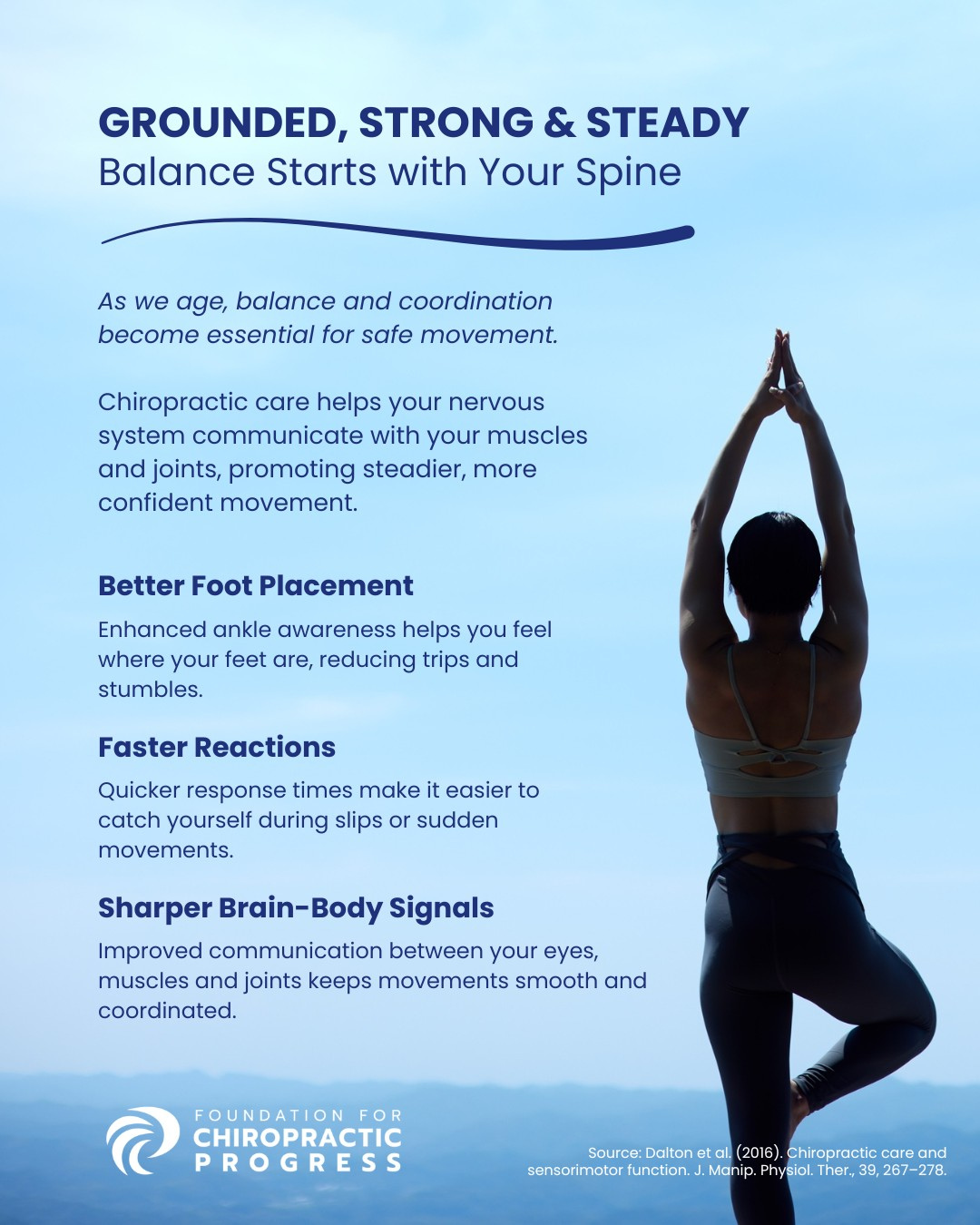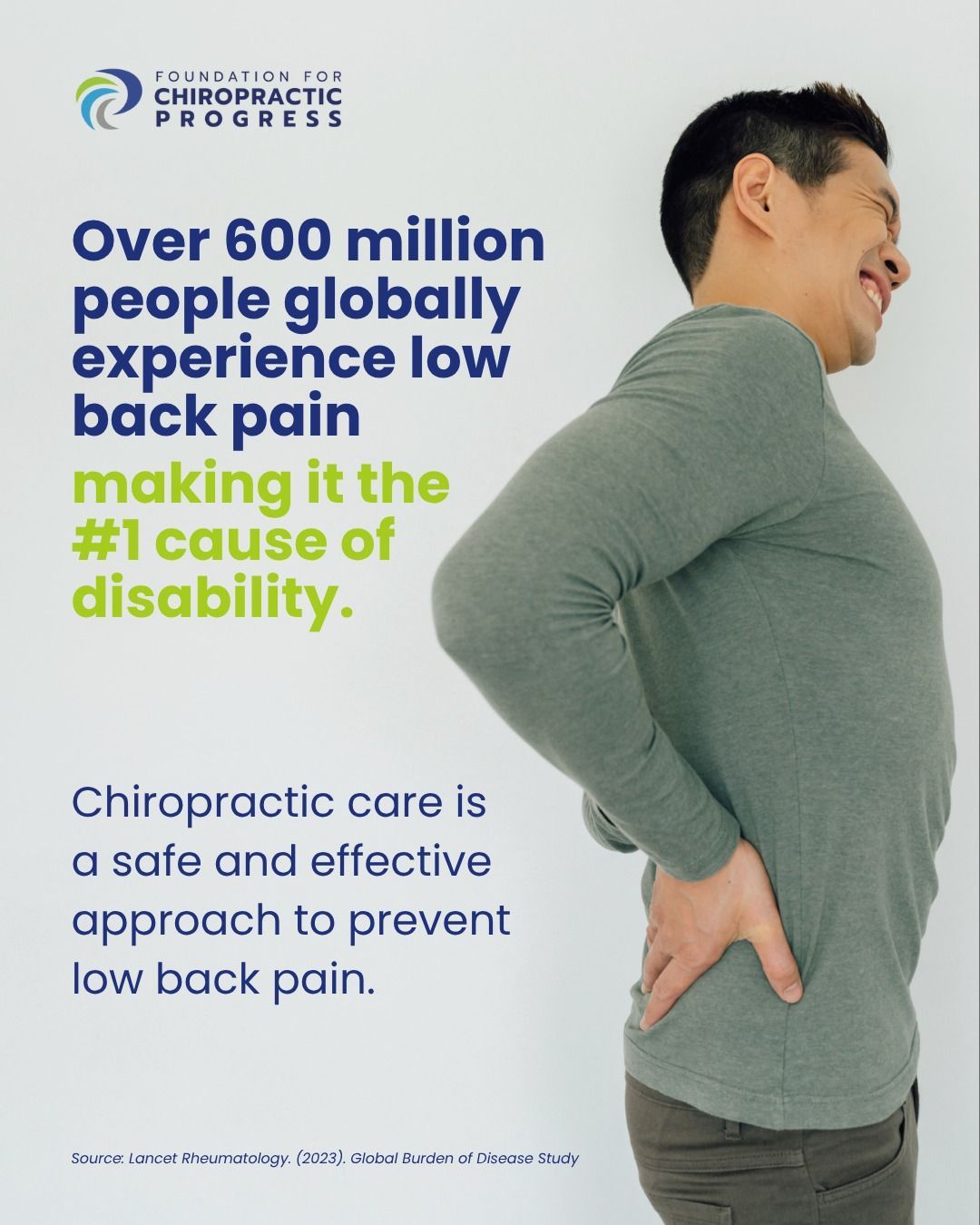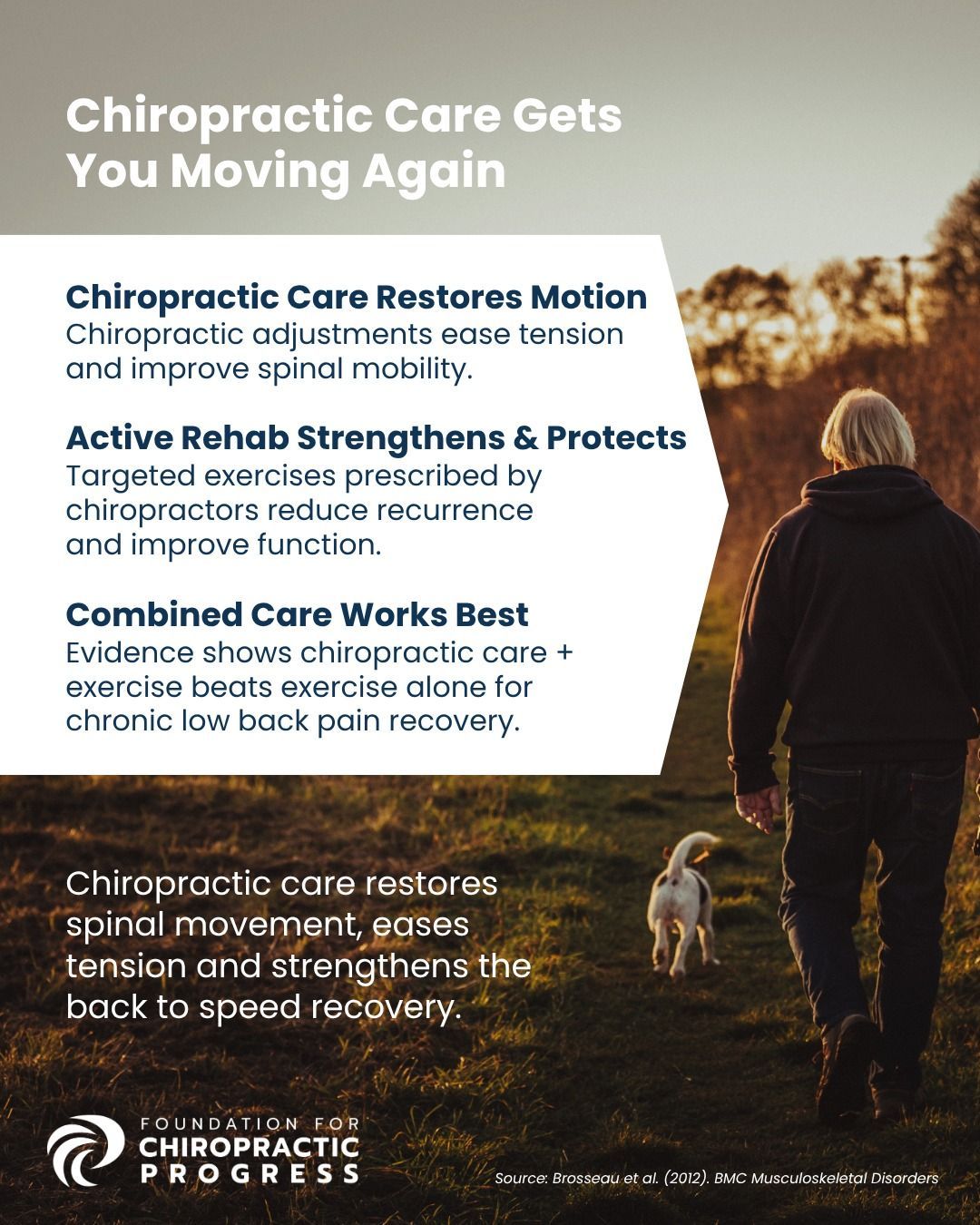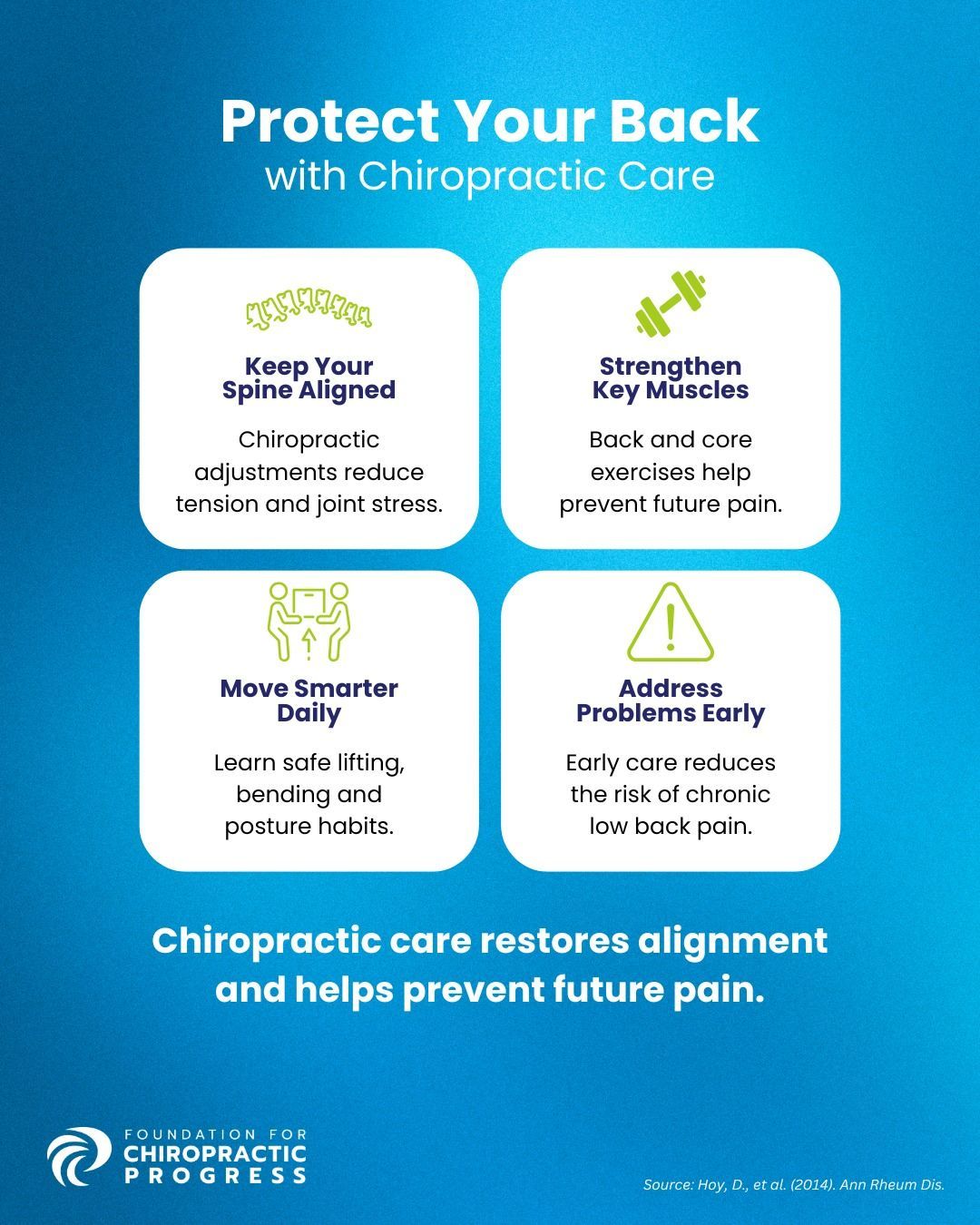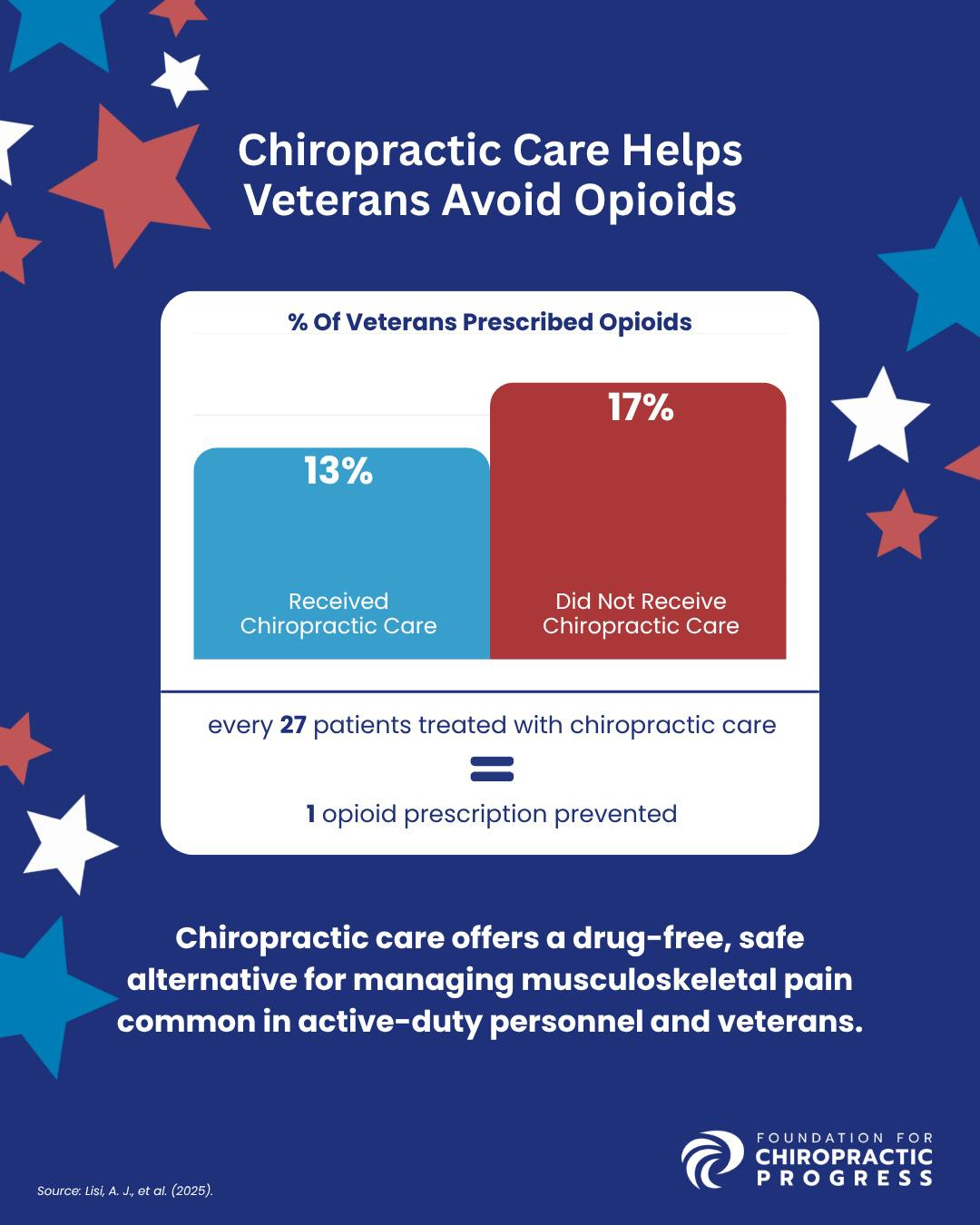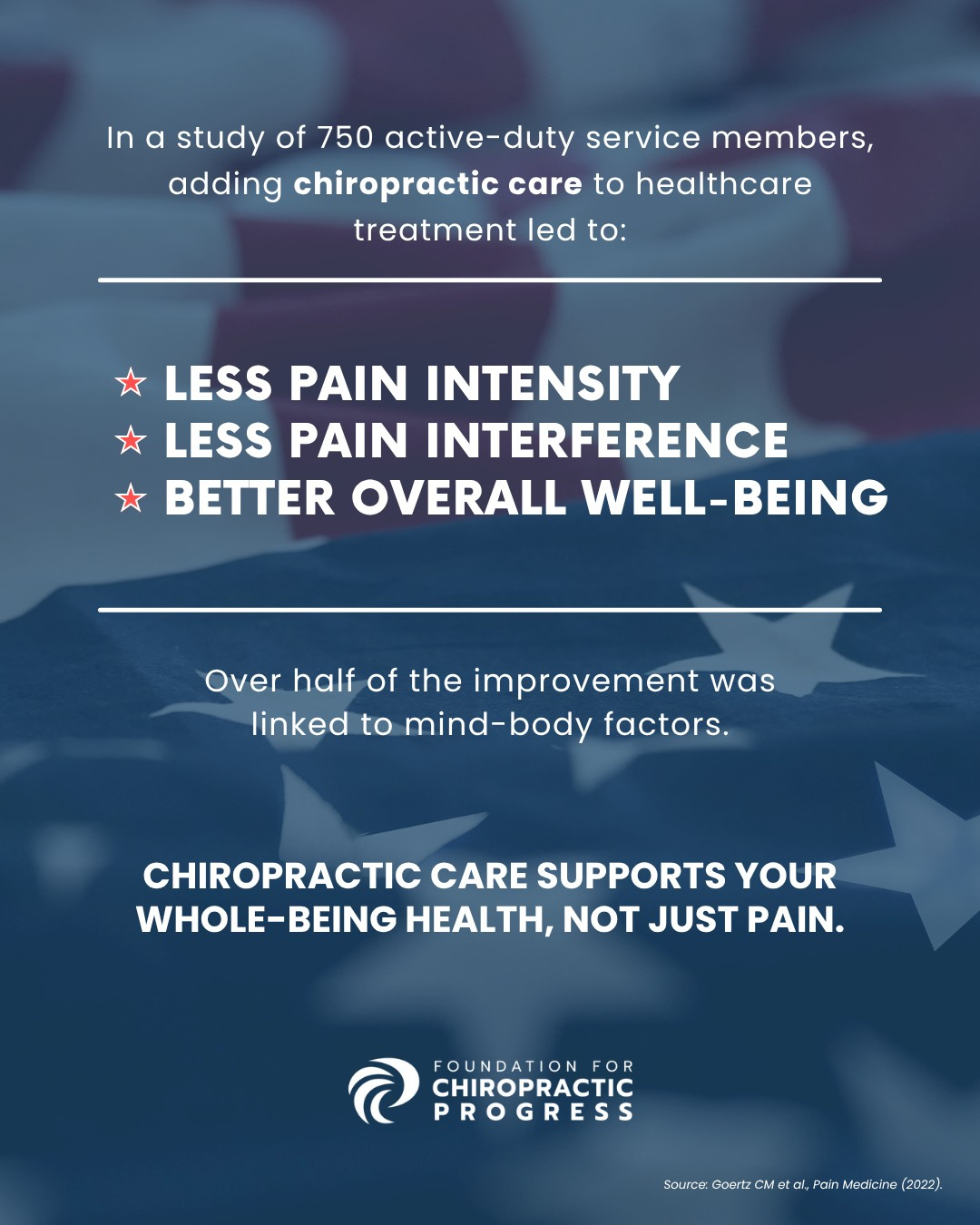Dr. Cromwell Answers: What are the best natural supplements for arthritis?
What is arthritis?
Osteoarthritis
is painful. Many people have difficulty
sleeping due to arthritis pain. It can
be difficult to get up and get out of bed.
Everyday tasks such as opening a jar, using a screwdriver, getting in
and out of the car or going up and down stairs can be quite a struggle. Basically, any time you’re using the joints affected
by arthritis, you feel it.
You’re
most likely visiting this page because you’re looking for natural support for arthritis
pain and inflammation. If you would like
to go directly to our Arthritis Protocol, please click here
. If you’re interested in the supplements Dr. C
chose for the protocol, visit our Three Prong Approach
below. If
you would like to learn more about osteoarthritis and how it is managed,
continue reading.
What
is arthritis?
Arthritis
is the inflammation and tenderness in joints.
The most common type is osteoarthritis, which is most common to develop
slowly as people age. It is caused by a
degeneration of the cartilage that covers the ends of your joints. The cartilage offers a smooth covering on the
joints that cushions and help them glide with movement. As you age, the cartilage can lose water,
which reduces cushioning. Then the
cartilage wears down, causing pain and inflammation. Eventually, the cartilage can wear away,
resulting in bone rubbing on bone.
How
does arthritis feel?
Usually
osteoarthritis presents with stiffness and tenderness in the joints it’s
affecting. Often this will occur first
thing in the morning or after you have been resting. You will also feel the pain when using the
joint, such as your knees hurting when you walk up stairs, or your hands
hurting when you open a jar. If you do
more activity than normal, arthritis can feel worse. You will feel tenderness if you press down on
the joint and it might be swollen.
Where
arthritis occurs
Osteoarthritis can occur in any joint, but it most commonly effects the hands, hips, knees and spine. Arthritis can also occur at the site of an injury or from repetitive use. It occurs slightly more often in women than men.
How arthritis can be prevented
Some people are more prone to arthritis than others, however, according to the Centers for Disease control, about 50% of people will experience some type of doctor diagnosed osteoarthritis by age 65 or older. Genetics play a role in an increased risk of developing arthritis, but lifestyle factors will help to control when and if osteoarthritis occurs.
A
healthy diet low in sugar and rich in nutrients is a great place to begin reducing
pain and inflammation. The standard
American diet a high amount of sugar, which causes inflammation as shown in a
2018 Clinical Nutrition study
. Another study
concludes
that there is a significant positive association between dietary sugar intake
and symptomatic knee osteoarthritis in women.
According
to a National Health publication
,
two hundred years ago we consumed 2 pounds of sugar per person per year. Now we each consume an average of 152 pounds
per year!
Unfortunately,
sugar has replaced foods that reduce inflammation such as vegetables, fruits
and healthy fats. Most people who are
consuming a ‘standard’ diet can reduce their pain just by cleaning up their
diet. This
study states,
“In conclusion, severe knee pain was independently associated with fruit and
vegetable consumption. Our findings suggest that intake of whole fruits and
vegetables may help improve knee pain in older adults.”
A
regular exercise program is also very helpful.
Talk with your doctor about what type of exercise is right for you based
on your symptoms and joints that are arthritic.
Common
Arthritis Treatments
While
many people turn to NSAIDS such as ibuprofen or naproxen sodium, others prefer
to try support that doesn’t carry the risk of harming the gut microbiota
, gastric
bleeding or gastrointestinal ulceration
.
Another
option available has been to have a steroid injection. Recent studies are suggesting that steroid
injections may not really offer the relief they were supposed to and can even
reduce the amount of cartilage in the joint, which worsens the arthritis. In this two-year study
, in people with osteoarthritis
of the knee, researchers compared those receiving a steroid injection to those
receiving a saline injection every three months. This was a double-blind trial, where
researchers did not know which treatment the participants received.
“The results revealed no differences between the two groups in
terms of knee pain, function or stiffness at any of the 3-month visits… MRI measurements revealed thinning of knee
cartilage in both groups by the end of the study. But loss of cartilage in the
steroid group was significantly greater than in controls, with the average
change in cartilage thickness being -0.21 mm and -0.10 mm respectively. This
more rapid thinning may be due to the known effects of corticosteroids on
tissue breakdown. While the faster loss of cartilage in the steroid-treated
group did not correlate with more pain over the 2-year period, it may have a
long-term negative impact on the health of the joint.”
“Use of corticosteroid injections to treat knee OA is based on the
medicine’s capacity to reduce inflammation, but corticosteroids have also been
reported to have destructive effects on cartilage,” said Dr. McAlindon. “We now
know that these injections bring no long-term benefit, and may, in fact, do
more harm than good by accelerating damage to the cartilage.”
If
you’re looking for natural support for arthritis without the worry of losing
cartilage thickness, our Arthritis
Protocol
includes supplements that support the body to reduce pain and
inflammation while working to maintain cartilage and physical function.
Dr. C’s Natural Three Prong Approach for Joint Support and Pain
1.
MSM
,
methylsulfonylmethane, is a naturally occurring organic compound found in some
green vegetables, other foods, and can be made from phytoplankton in the
oceans. MSM is considered a sulphur
donor. Sulphur is very plentiful in the
body and needed for many different critical body functions. There are many studies that show MSM’s
ability to help with arthritis.
This review
explains how it is readily absorbed for use and helps to reduce inflammation
and act as an antioxidant.
“To date, most arthritic human
studies have been non-invasive and assess joint condition through the use of
subject questionnaires such as the Western Ontario and McMaster Universities
Arthritis Index (WOMAC), 36-Item Short Form Survey (SF36), Visual Analogue
Scale (VAS) pain, and the Lequesne Index. In his overview of MSM, Dr. Stanley
Jacob references eleven case studies of patients suffering from osteoarthritis
who experienced improved symptoms following supplementation with MSM [ 7
]. Clinical trials suggest MSM is effective in reducing pain,
as indicated by the VAS pain scale [ 18
, 134
], WOMAC pain subscale [ 18
, 19
, 135
, 136
], SF36 pain subscale [ 18
, 136
], and Lequesne Index [ 134
]. Concurrent improvements were also noted in stiffness [ 18
, 135
, 136
] and swelling [ 134
].”
This study
found MSM to be helpful and
concluded, “MSM
(3g twice a day) improved symptoms of pain and physical function during the
short intervention without major adverse events”.
This
is the MSM Dr. C recommends in our protocol for its purity
and formulation.
Hyaluronic Acid
is another
supplement Dr. C recommends for joint support and pain. It is a naturally occurring substance in our
bodies that is critical to our wellbeing.
Hyaluronic acid is often recommended by physicians to reduce joint pain
and offer support for other aging processes.
Hyaluronic acid is a clear,
gooey substance made by the body and found in joints, skin and other body
tissues. Hyaluronic acid helps to
maintain collagen, flexibility, moisture and elasticity. In your joints, it helps to lubricate the
space between the bones, keeping the bones from grinding against each other.
There are many studies
available showing the efficacy of using oral hyaluronic acid (HA). Research also shows, that when injected into
the joint, hyaluronic acid only helps for about 14-18 hours.
Another compilation of
studies
shows that oral HA is a safe and cost effective supplement for
osteoarthritis. In addition to
increasing the synovial fluid and helping cartilage, it also reduces
inflammatory cytokines that cause pain.
The Hyaluronic Acid
Dr. C recommends in our protocol is
high quality and absorbable.
ArthoMed
, by EuroMedica,
is a proprietary
formula of curcumin, Boswellia and devil’s claw that supports joint health and
cartilage formation. It safely modulates
major signaling and biological pathways of the body that influence joint
mobility and health.
Quality supplement producers
often combine studied supplements and produce a product with synergistic
properties. The anti-inflammatory
properties and support for arthritis is mentioned in research studies
. ArthoMed also has a patient sheet that you
can view here
.
SAMe
has been shown to control arthritis
pain. In this
study,
SAMe was equal to Celebrex after one month of use. The conclusion states, “SAMe has a slower
onset of action but is as effective as celecoxib (Celebrex) in the management
of symptoms of knee osteoarthritis”.
This study
states the
following, “Clinical trials have shown reduced pain and stiffness while in
vitro and animal studies have shown SAMe can stimulate the production of
cartilage which is critical in reversing the disease process. The author
examines many potential mechanisms of action including: reduction of
inflammatory mediators; increasing levels of glutathione; direct or indirect
signaling of cartilage synthesis or survival; maintenance of DNA methylation”.
2. Inflammation
Control
Omega 3
supplements are pretty well known for
supporting good overall health. Our
standard American diet is really lacking in good omega 3s. Most people consume way too many omega 6
foods, such as junk food, fried foods, potato chips, oils such as sunflower, safflower,
corn, soybean, peanut and canola. The omega 6 foods are inflammatory and
unhealthy when consumed in large amounts.
It’s so important to consume a diet rich in omega 3s, grass fed meats
(higher in omega 3s, lower in omega 6s than non-grass fed), vegetables and
fruit while limiting the omega 6s and sugar to keep inflammation under
control. This study
discusses how omega 3s help with controlling inflammation.
Vitamin D3
matters. Using thresholds recommended by the
Endrocrine Society, 41.4% of our US population is classified as “insufficient”
in vitamin D and 28.9% are considered deficient.
You can view the study here.
Vitamin D is important for a
host of important bodily functions. When
it comes to osteoarthritis, this study
actually states, “In clinical
trials, vitamin D deficiency poses a risk factor for OA, and those with
decreased cartilage thickness are more likely to be vitamin D–insufficient”.
It’s important to have your
vitamin D measured and know your values.
Many doctors will say you are fine if it’s above 30, but functional
medicine doctors are now calling 60 the ‘sweet spot’. Functional Medicine University is even saying upwards
of 75
. The American College for
Advancement in Medicine recommends levels to be between 50 and 80. They recommend supplementation of 5,000 IUs
per day for adults and adolescents who do not receive regular sun
exposure. You can view their information here
.
3. Antioxidants
to Reduce Pain and Inflammation
Vitamin C
is a vitamin that most people think
about taking for allergy or common cold support. However it is also helpful in reducing pain
and inflammation as supported by this study
. Vitamin C is also used by the body to make
collagen, which is in the cartilage that covers the ends of the bones in your
joints. This study
showed that dosing with
vitamin C helped protect against cell damage, oxidative stress and painful
cytokines when arthritis was induced in mice.
There are different forms of
vitamin C, some of them can cause loose stool.
The one we recommend for arthritis pain and inflammation can be found here
.
Milk Thistle
is shown in research
to
suppress inflammation, which helps reduce the pain of arthritis. This study
shows that in addition to
reducing inflammation, it also protects cartilage. Milk thistle can also help control
triglyceride levels which is important for cardiovascular and fatty liver
disease.
Green Tea Extract
(link to purchase) is a well-known
antioxidant with many health benefits. Studies
like this one
show green tea extract can help
to control pain and improve physical knee joint function.
Arthritis
Summary
Arthritis can be very painful and negatively affect quality of life. Diet and lifestyle have a large impact on arthritis. There are many standard treatments out there that can have negative, unwanted side effects. Natural support through our Arthritis Protocol is another way to manage arthritis pain and inflammation.

